Tales of Firenzuola | Benedictine Monk of Vallombrosa | (XVIth century) | first time translated into English, Agnolo Firenzuola (Isidore Liseux, Paris, 1889)
4.25″ x 6.5″, xix+180pp., full soft red morroco binding with gilt borders, decorated end papers, deckled edges, hand laid paper, unique frontispiece illustration tipped in, not seen in any other copies online, title page in red and black, good minus condition, corners bumped top of spine is torn, .5″ inch of bottom of spine is missing
This copy is a rare all-leather first-edition. I have not seen any other copies with this frontispiece and know nothing about it’s origin.
Originally written in Italian titled Ragionamenti Amorosi (Amorous Reasons), the Tales were written in 1523-24 on the Boccaccian premise of a group of young ladies and gentlemen gathered in a Tuscan villa to tell each other, in turn, stories dealing with love, fortune, fate, virtue, etc. The stories themselves, in their variety and immediacy, offer an insight into sixteenth-century Italian society and its concerns.
Agnolo Firenzuola (1493–1545), an Italian poet and littérateur, was born in Florence, September 28th, 1493. He received his name from the town of Firenzaola among the Apennines, where his family originated. Agnolo spent his youth in Siena and Perugia, studying law and living a “life of pleasure”. For a short time he practiced law in Rome, but abandoned it to become a monk at Vallombrosa. After the death of Clement VII. he went to Florence, and finally settled at Prato as abbot of San Salvatore. Some authorities have disputed that he ever became an abbot, for the records of his dissolute career do not accord with a monastic life. But whether abbot or gentleman of leisure, a severe illness took him to Prato, where he spent many happy years. He died there or at Rome, about 1545.
Firenzuola wrote satirical and burlesque poems; two comedies, ‘I Lucidi’ and ‘La Trinuzia’; ‘Discorsi degli Animali,’ imitations of Oriental fables of animals; ‘Ragionamenti Amorosi,’ novelettes or tales after the fashion of Boccaccio; ‘Dialogo della Bellezza delle Donne,’ and other works. He also wrote a few love poems and ballads, one of the most admired of which is ‘Orozza Pastorella.’
Isidore Liseux (1835-1894) was a French bibliophile and publisher of erotica and curiosa. His publications were mostly rare texts of 16th to 18th century authors, hard to find and little known books which were usually translated and annotated by his friend and associate Alcide Bonneau or by Liseux himself. Liseux and Bonneau, both ex-priests, knew each other since seminary. His books were published in small numbers, on high quality paper, and with excellent typography. His usual printers were Claude Motteroz, Antoine Bécus, and later Charles Unsinger. Liseux’s books were published openly as the climate was more permissive in Paris at the time. His books were so well regarded that pirates of his books and even unrelated books bearing his imprint with a false date were published clandestinely into the 20th century. French poet, Guillaume Apollinaire wrote: “The publications of Liseux are more and more sought after because they are correct, beautiful and rare.” (Le flaneur des deux rives, 1918).




























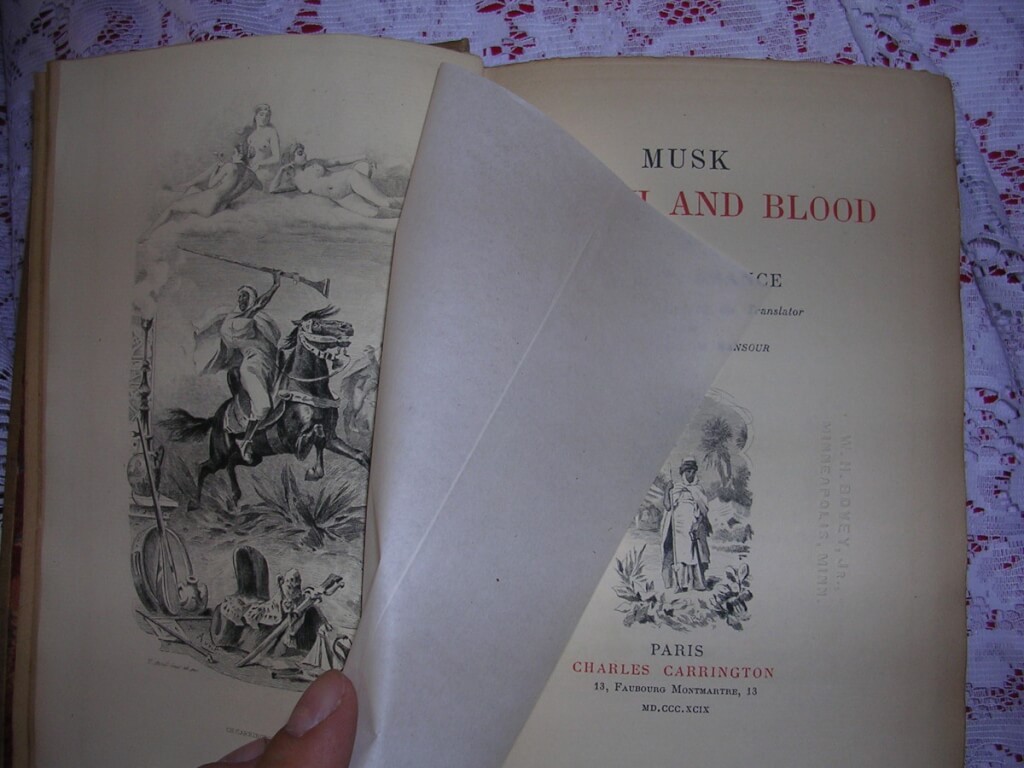
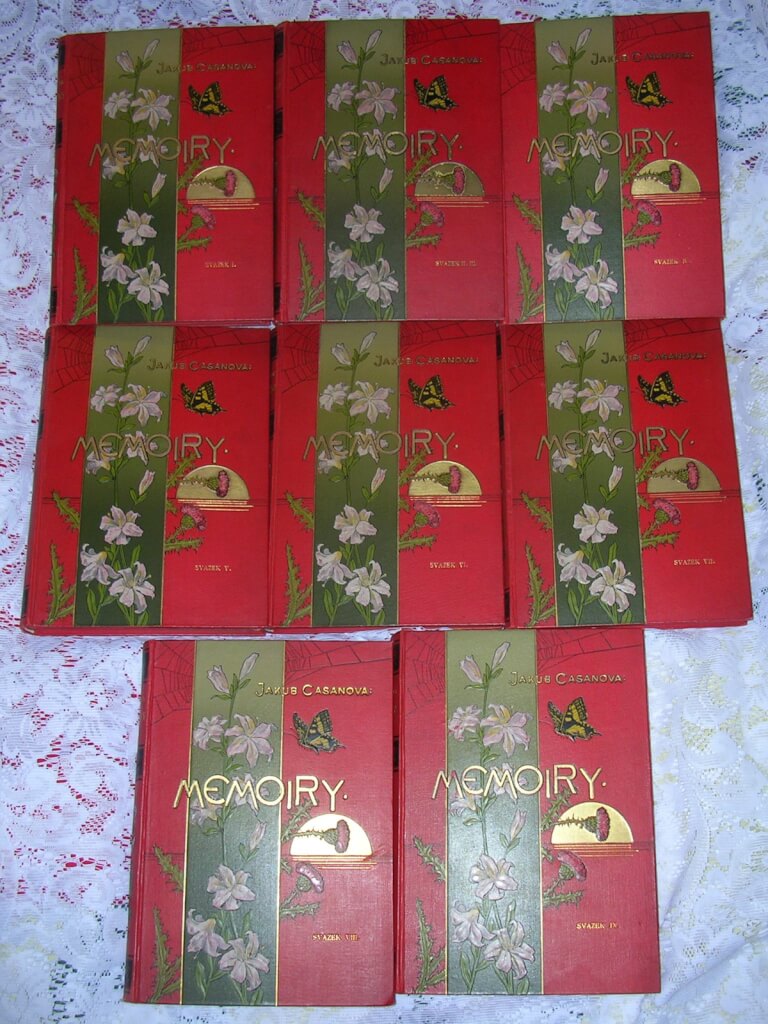
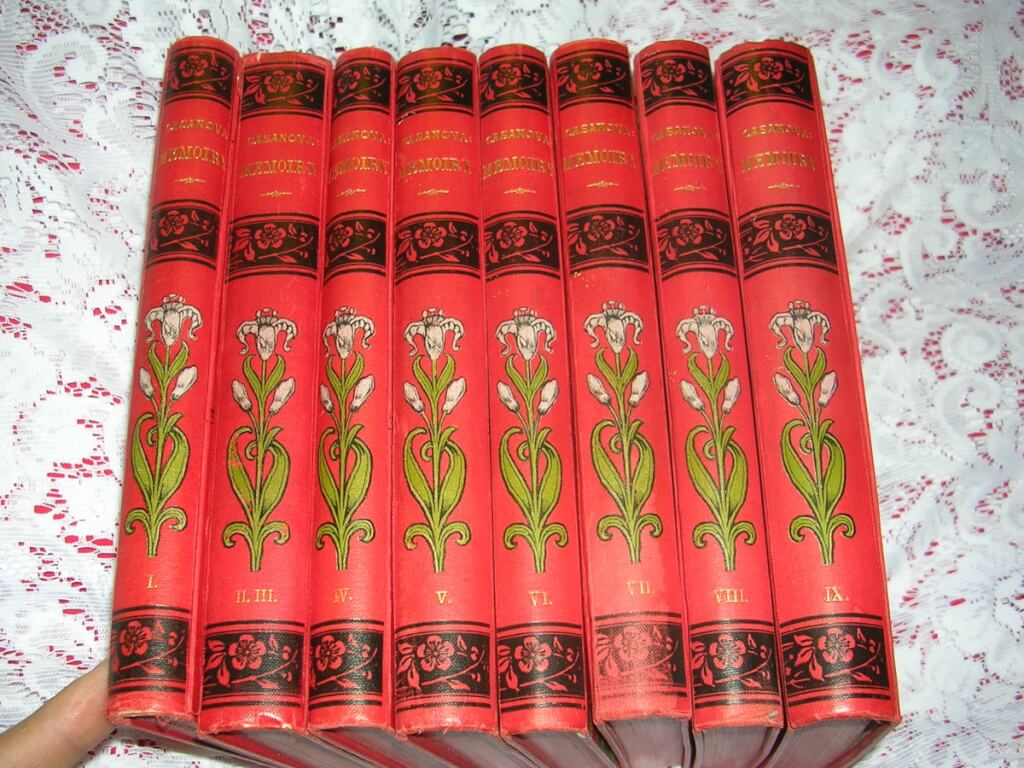

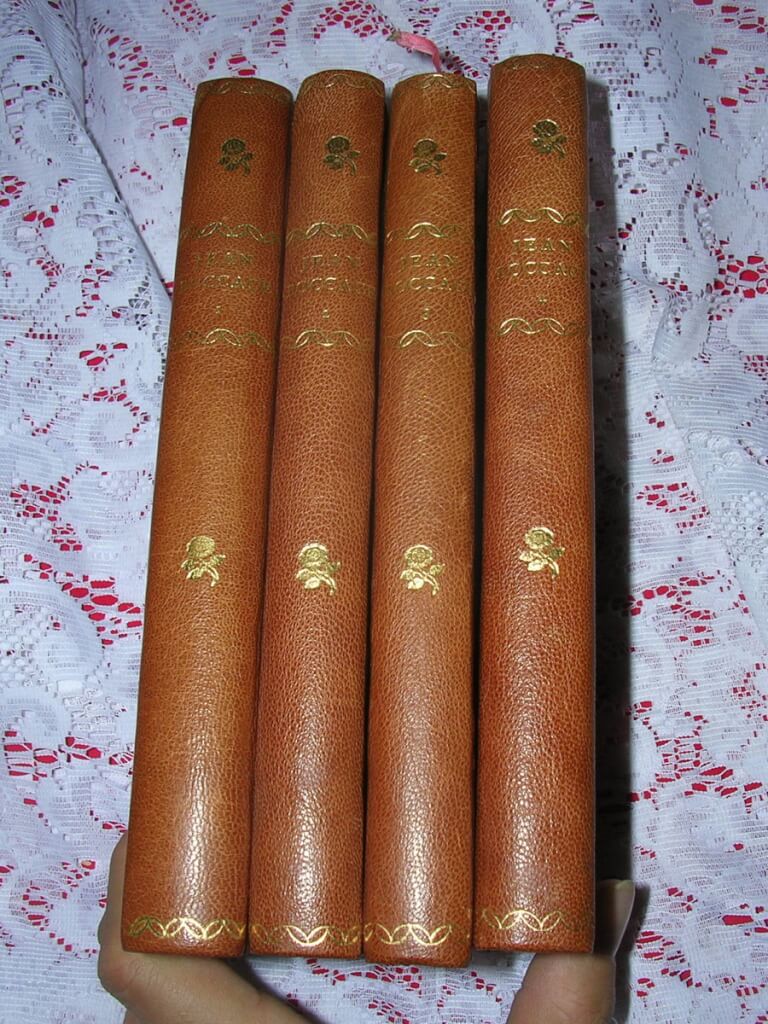
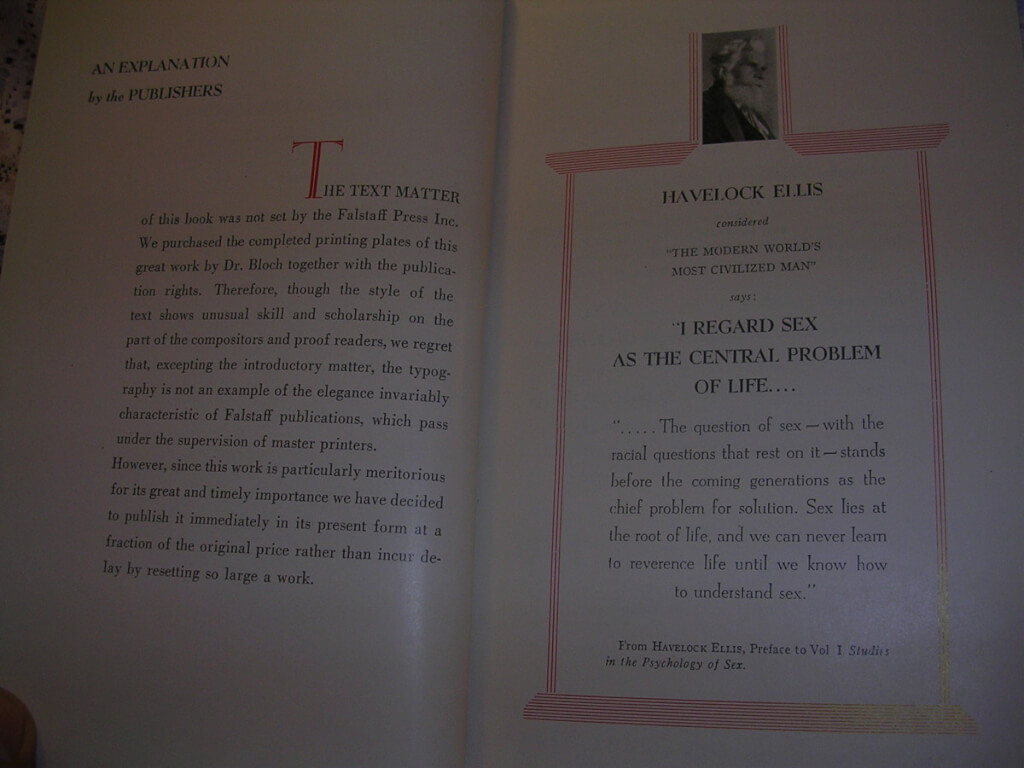
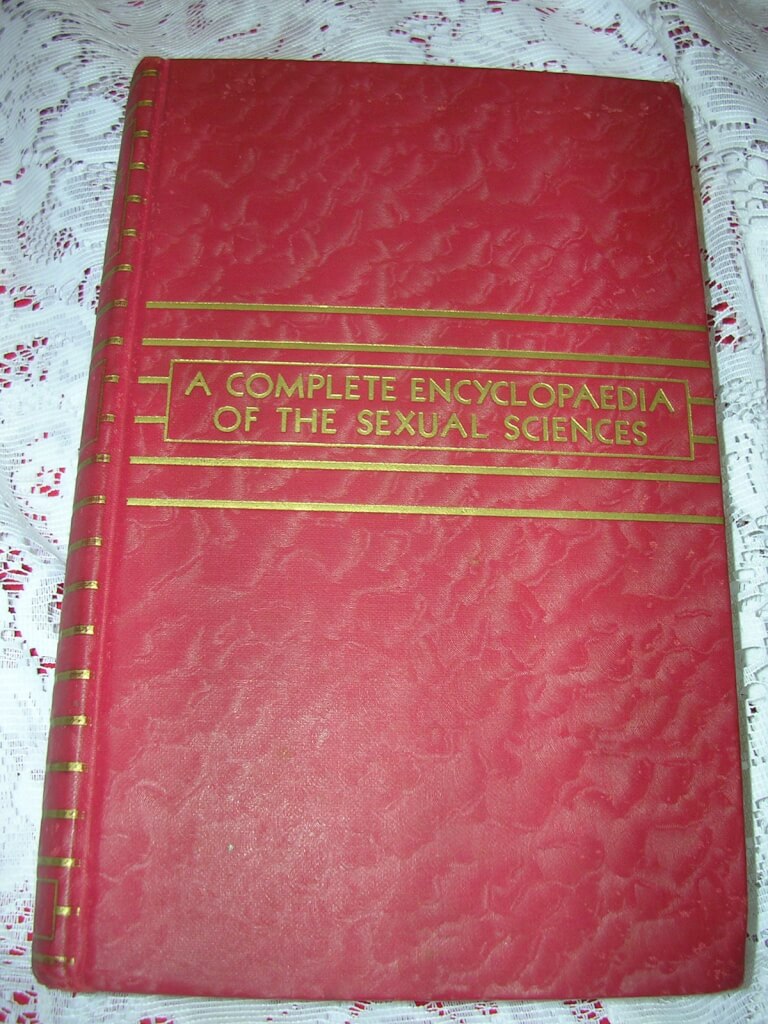
Reviews
There are no reviews yet.